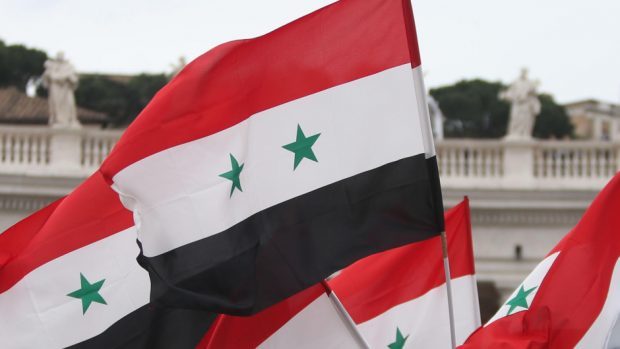The first refugees from war-torn Syria will arrive in the Highlands in a matter of days.
Four families – a total of 23 men, women and children – will be resettled in Alness, Ross-shire, and last night community leaders said they were “looking forward” to their arrival, highlighting an existing cultural diversity in the town as a sign they will be welcomed.
Local residents, parents of school pupils and community group representatives will also be invited to a community engagement event next Wednesday, where a video explaining the refugee crisis will be shown.
The video explains the history and pattern of conflict in the region, its impact on population displacement and dispels myths about the effect of refugees on crime levels and birth rates in the host country.
Highland Council has offered to house up to 30 families, but it is not known at this stage where subsequent refugees will be resettled. Argyll and Bute Council welcomed a group of refugees before Christmas and plans to take in about 20 families.
Refugee support over the next two years will focus on language teaching, community integration and preparation for full-time employment.
A total of 38 volunteers from Highland Third Sector Interface, who are organising next week’s community event, will work one to one with the family members.
Last night Alness Community Council vice chairman Alister Ferguson said: “We are only too happy to see these people from Syria come into the town, and we look forward to serving them and helping them in any way we can. It’s about time we did something for these people.
“We are a multi-cultural town as it is, we have a lot of Polish and Indian people here and have done for a while. There are a lot of people who have come from other counties and raised sons and daughters here.”
Yesterday the council’s depute chief executive Michelle Morris, who has led the refugee partnership in the Highlands, said: “It took us quite a while to settle on the best community location. We spoke to other councils and the key thing was being able to identify housing, and trying to keep families coming here living in the same general area to provide support for each other. Language might be an issue, so if they live near to each other it will be a help. Other factors we considered were capacity in education and capacity with the health service.”
Dr Ken Oates, consultant in Public Health Medicine, also confirmed that all four families have passed full infection and medical checks ahead of their arrival.
The Scottish Government has pledged to accept at least 2,000 of the 20,000 refugees which the UK Government has agreed to take.
